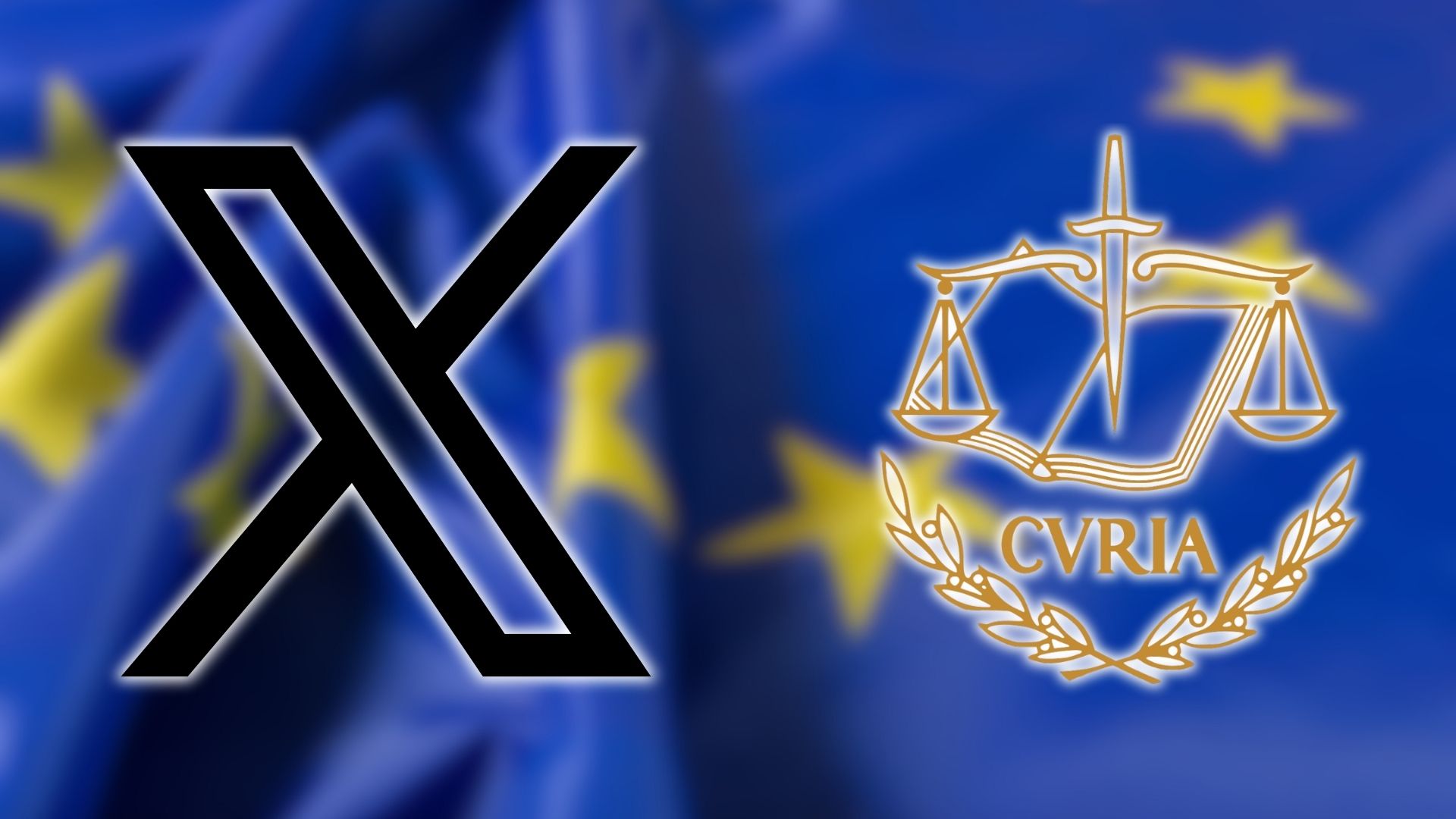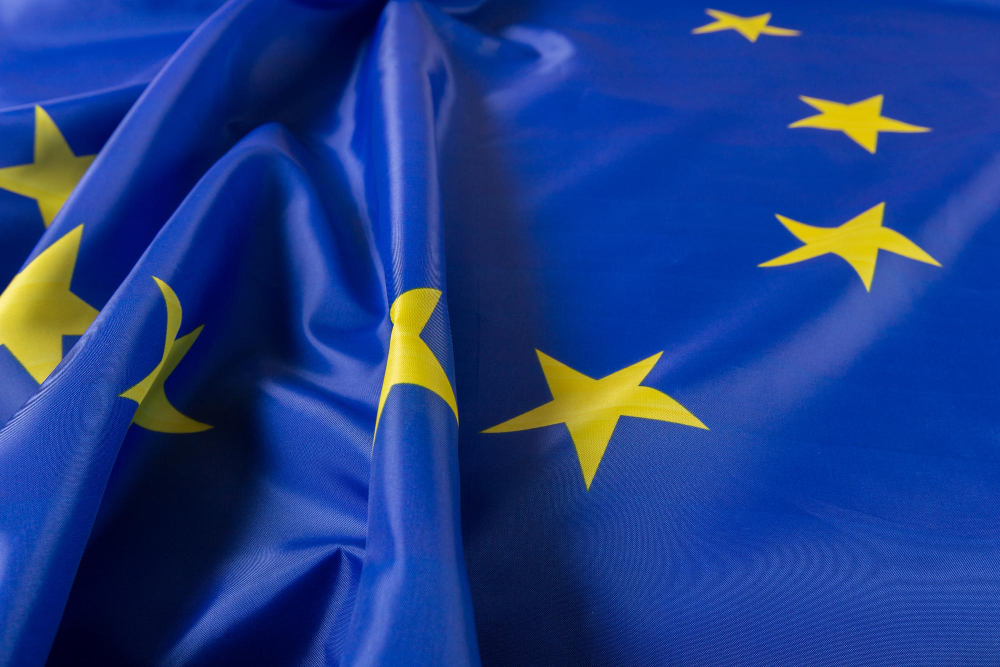Ankara is seeing growing debate over the risks and benefits of medical AI as experts warn that poorly governed systems could threaten patient safety.
Associate professor Agah Tugrul Korucu said AI offers meaningful potential for healthcare only when supported by rigorous ethical rules and strong oversight instead of rapid deployment without proper safeguards.
Korucu explained that data bias remains one of the most significant dangers because AI models learn directly from the information they receive. Underrepresented age groups, regions or social classes can distort outcomes and create systematic errors.
Turkey’s national health database e-Nabiz provides a strategic advantage, yet raw information cannot generate value unless it is processed correctly and supported by clear standards, quality controls and reliable terminology.
He added that inconsistent hospital records, labelling errors and privacy vulnerabilities can mislead AI systems and pose legal challenges. Strict anonymisation and secure analysis environments are needed to prevent harmful breaches.
Medical AI works best as a second eye in fields such as radiology and pathology, where systems can reduce workloads by flagging suspicious areas instead of leaving clinicians to assess every scan alone.
Korucu said physicians must remain final decision makers because automation bias could push patients towards unnecessary risks.
He expects genomic data combined with AI to transform personalised medicine over the coming decade, allowing faster diagnoses and accurate medication choices for rare conditions.
Priority development areas for Turkey include triage tools, intensive care early warning systems and chronic disease management. He noted that the long-term model will be the AI-assisted physician rather than a fully automated clinician.
Would you like to learn more about AI, tech and digital diplomacy? If so, ask our Diplo chatbot!










